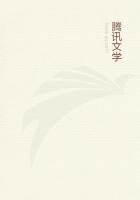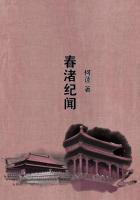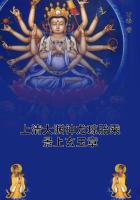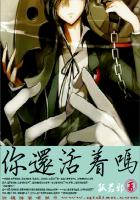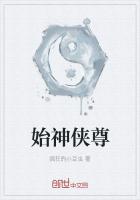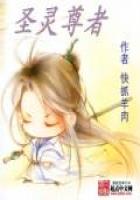A drama must be shaped so as to have a spire of meaning. Every grouping of life and character has its inherent moral; and the business of the dramatist is so to pose the group as to bring that moral poignantly to the light of day. Such is the moral that exhales from plays like 'Lear', 'Hamlet', and 'Macbeth'. But such is not the moral to be found in the great bulk of contemporary Drama. The moral of the average play is now, and probably has always been, the triumph at all costs of a supposed immediate ethical good over a supposed immediate ethical evil.
The vice of drawing these distorted morals has permeated the Drama to its spine; discoloured its art, humanity, and significance; infected its creators, actors, audience, critics; too often turned it from a picture into a caricature. A Drama which lives under the shadow of the distorted moral forgets how to be free, fair, and fine--forgets so completely that it often prides itself on having forgotten.
Now, in writing plays, there are, in this matter of the moral, three courses open to the serious dramatist. The first is: To definitely set before the public that which it wishes to have set before it, the views and codes of life by which the public lives and in which it believes. This way is the most common, successful, and popular. It makes the dramatist's position sure, and not too obviously authoritative.
The second course is: To definitely set before the public those views and codes of life by which the dramatist himself lives, those theories in which he himself believes, the more effectively if they are the opposite of what the public wishes to have placed before it, presenting them so that the audience may swallow them like powder in a spoonful of jam.
There is a third course: To set before the public no cut-and-dried codes, but the phenomena of life and character, selected and combined, but not distorted, by the dramatist's outlook, set down without fear, favour, or prejudice, leaving the public to draw such poor moral as nature may afford. This third method requires a certain detachment; it requires a sympathy with, a love of, and a curiosity as to, things for their own sake; it requires a far view, together with patient industry, for no immediately practical result.
It was once said of Shakespeare that he had never done any good to any one, and never would. This, unfortunately, could not, in the sense in which the word "good" was then meant, be said of most modern dramatists. In truth, the good that Shakespeare did to humanity was of a remote, and, shall we say, eternal nature; something of the good that men get from having the sky and the sea to look at. And this partly because he was, in his greater plays at all events, free from the habit of drawing a distorted moral. Now, the playwright who supplies to the public the facts of life distorted by the moral which it expects, does so that he may do the public what he considers an immediate good, by fortifying its prejudices; and the dramatist who supplies to the public facts distorted by his own advanced morality, does so because he considers that he will at once benefit the public by substituting for its worn-out ethics, his own. In both cases the advantage the dramatist hopes to confer on the public is immediate and practical.
But matters change, and morals change; men remain--and to set men, and the facts about them, down faithfully, so that they draw for us the moral of their natural actions, may also possibly be of benefit to the community. It is, at all events, harder than to set men and facts down, as they ought, or ought not to be. This, however, is not to say that a dramatist should, or indeed can, keep himself and his temperamental philosophy out of his work. As a man lives and thinks, so will he write. But it is certain, that to the ****** of good drama, as to the practice of every other art, there must be brought an almost passionate love of discipline, a white-heat of self-respect, a desire to make the truest, fairest, best thing in one's power; and that to these must be added an eye that does not flinch.
Such qualities alone will bring to a drama the selfless character which soaks it with inevitability.
The word "pessimist" is frequently applied to the few dramatists who have been content to work in this way. It has been applied, among others, to Euripides, to Shakespeare, to Ibsen; it will be applied to many in the future. Nothing, however, is more dubious than the way in which these two words "pessimist" and "optimist" are used; for the optimist appears to be he who cannot bear the world as it is, and is forced by his nature to picture it as it ought to be, and the pessimist one who cannot only bear the world as it is, but loves it well enough to draw it faithfully. The true lover of the human race is surely he who can put up with it in all its forms, in vice as well as in virtue, in defeat no less than in victory; the true seer he who sees not only joy but sorrow, the true painter of human life one who blinks nothing. It may be that he is also, incidentally, its true benefactor.
In the whole range of the social fabric there are only two impartial persons, the scientist and the artist, and under the latter heading such dramatists as desire to write not only for to-day, but for to-morrow, must strive to come.
But dramatists being as they are made--past remedy it is perhaps more profitable to examine the various points at which their qualities and defects are shown.

